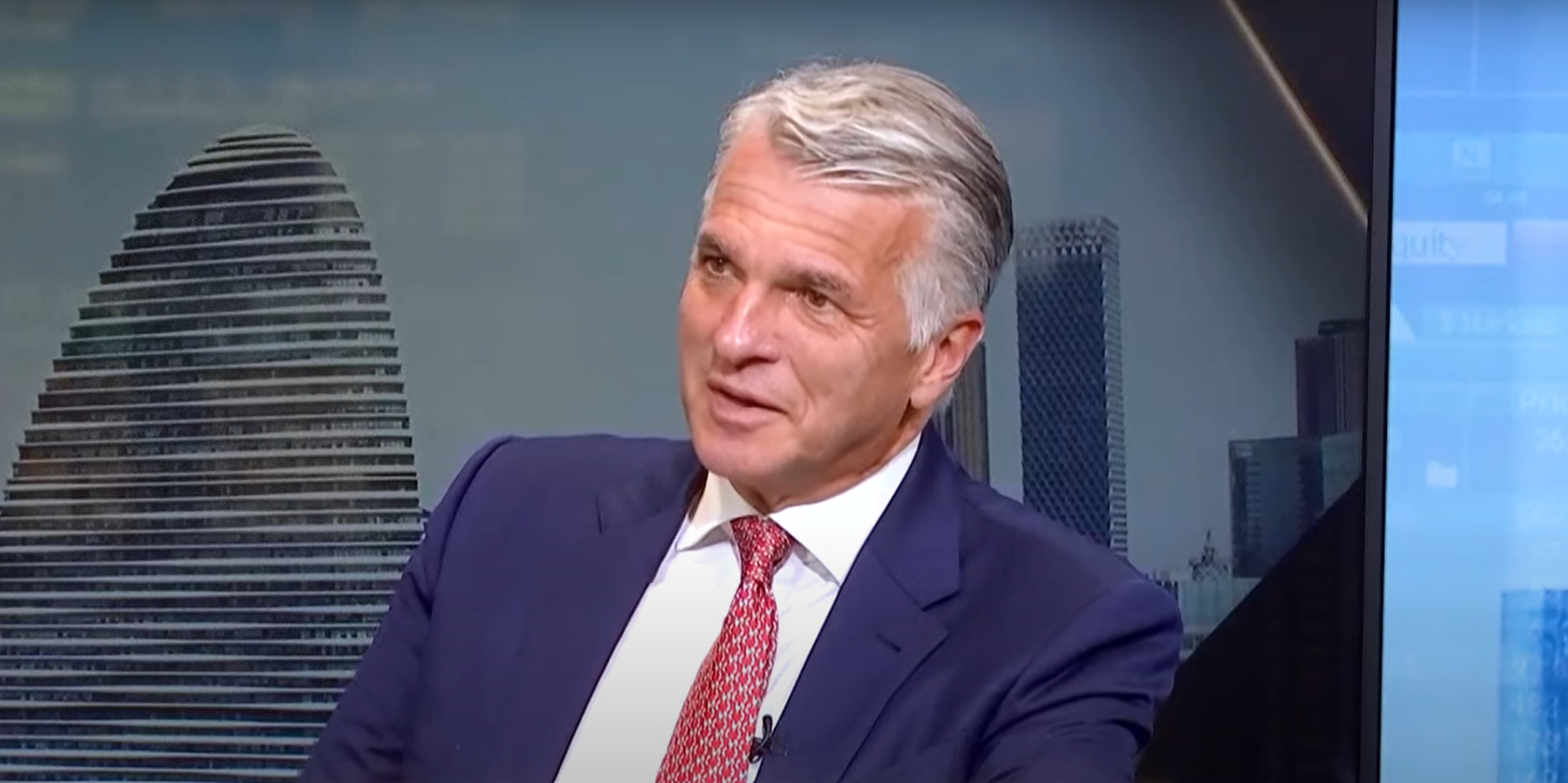New York Community Bank, commonly referred to as NYCB, plunged further into turmoil from a series of announcements on Thursday that worsened more than 20% of its shares. Allaying concerns, the Long Island-based bank named a new CEO, Alessandro DiNello, after elevated worries over a surprise net loss reported on January 31. Under the new leadership, the executive suite would also see DiNello take over from Thomas Cangemi as the latest chief executive at the bank.
Adding to those concerns, NYCB said in regulatory filings that it found “material weaknesses” in its internal controls over loan review processes. The blame for the problems was poor supervision, as well as risk assessment and monitoring activities, according to the bank.
A sign of just how massive its problems are: NYCB booked a $2.4 billion charge for goodwill impairment, retroactively, in the fourth quarter. The bank also admitted it would not be filing its 2023 annual report on time because it was still reviewing the internal control. Those revelations shocked investors and led to a huge drop in NYCB shares in after-hours trading. Year to date, the stock has plunged by 53%, marking a stunning 60% drop over the same period.
The unfolding crisis follows NYCB’s acquisition of assets from the now defunct Signature Bank approximately a year ago. The strategic move by the institution pushed its assets beyond the $100 billion mark, bringing with it elevated scrutiny from regulators.
Its problems are reverberating far from NYCB, especially affecting Flagstar Bank and its subsidiary, which is a key figure in the US regional lending environment. As worries become rampant, especially within the real estate sectors, the potential weaknesses in the loan portfolio for NYCB are prompting fears by the analysts.
The headwinds facing NYCB line up with broader challenges hitting the commercial property sector, among them the surge of remote work arrangements and rising borrowing costs. Analysts were comparing the situation at NYCB to a game of “whack-a-mole,” suggesting uncertainties had persisted despite the recent shift atop the company.
Indeed, Mark Fitzgibbon, an analyst at Piper Sandler, downgraded the stock rating of NYCB from “overweight” to “neutral,” further raising concerns that more troubles will start showing under the new management. This, therefore, pushed NYCB shares to $3.75 apiece during after-hours trading, erasing gains that had been recorded in the regular sessions.
The stakes remain high for stakeholders: as NYCB grapples with internal upheaval and external pressures, the bet is still out on whether it can stand tall amid concerns about the resilience of its real estate portfolio and broader implications for the banking sector.











Leave a Reply